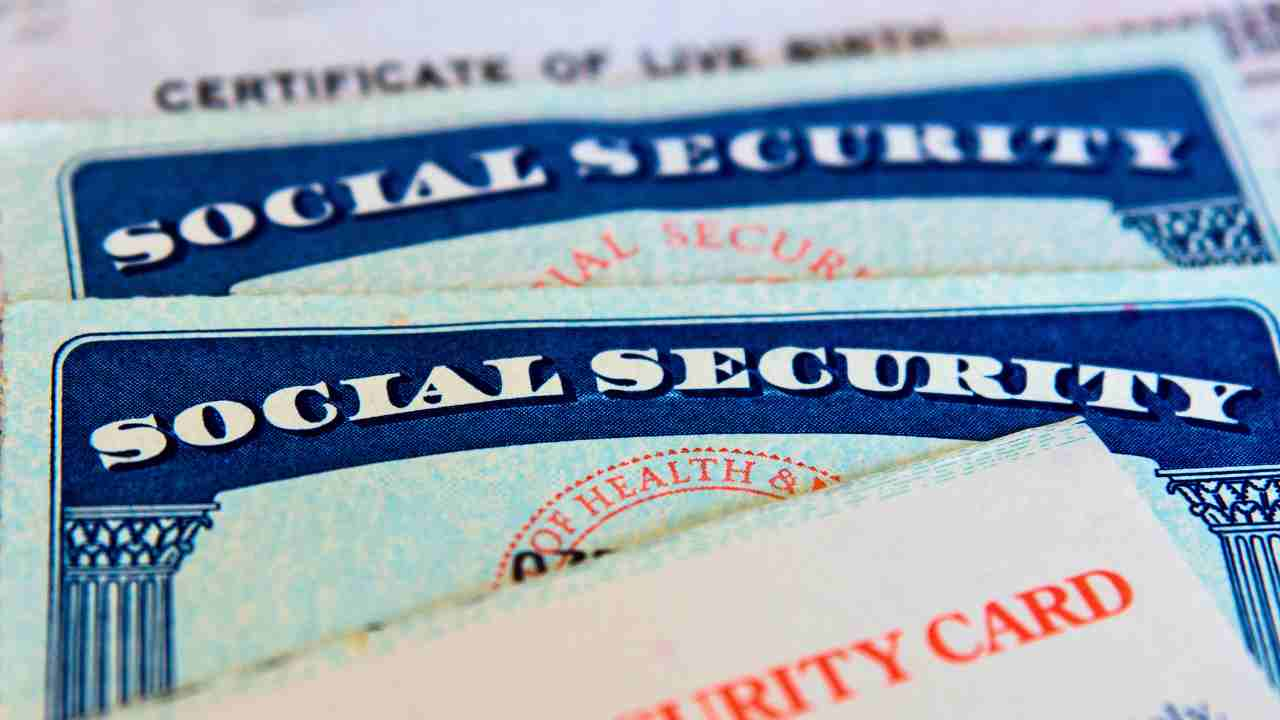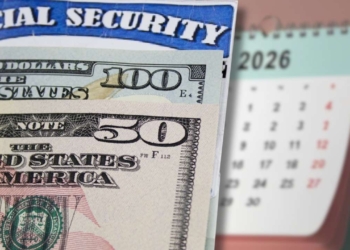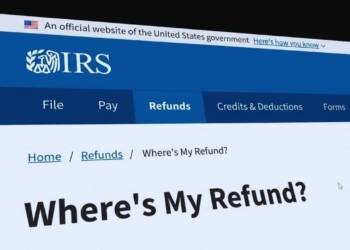The next SSDI payment that has been confirmed by the Social Security Administration will be disbursed on July 16, 2025. Some Disability Insurance recipients will receive up to $4,018 on the 16th. See below the eligibility requirements to collect such a large payment from the Agency in 2025. But who can receive money from the SSA on July 16?
SSDI recipients who remain eligible and were born from the 11th to the 20th will get their Social Security payment on the 16th. It is not important if you were born in a specific year or month, as long as you meet the other requirements, e.g., not to be currently collecting Supplemental Security Income and not having received disability benefits before May 1997.
Who can receive $4,018 from SSDI on the 16th?
The largest SSDI payment is $4,018, and it is only for high earners. It is required to have earned the taxable maximum (contribution and benefit base) for 35 years or more.
For your information, the taxable maximum is $176,100 in 2025. As a result of such a demanding requirement, few SSDI recipients collect the largest monthly payment for this program.
What is more, this taxable maximum increases over time just like COLAs. Apart from earning the taxable maximum all these years, you must have worked for 35 years in jobs covered by the SSA.
The age you file also matters, so filing early may prevent you from achieving this $4,018 payment for eligible Disability Insurance recipients in the United States. Thus, filing when SSA requires is not always possible due to a disability or medical condition, which can prevent you from continuing work in your 20s, 30s, or even before that age.
SSDI payments after July 16, 2025
Since it is only possible to collect one of the four Social Security payments per month, those who did not qualify for the payments up to the 16th can receive their money on July 23rd.
This will be the final payday in July. To receive your direct deposit on July 23, you will have to meet these conditions:
- Your birthday must fall from the 21st to the 31st
- Your benefits must have started after April 30, 1997
- You cannot be receiving Supplemental Security Income (SSI)
Remember that when you start getting SSDI payments, it is essential to report any health improvements that could affect your eligibility and cause overpayments.
What is more, make sure you inform the Social Security Administration when you start working. Again, your benefits may be reduced or stopped, depending on your personal situation and circumstances.
Direct deposits will be issued in most cases, but some SSDI recipients are still receiving a paper check. Change to direct deposit because checks are coming to an end in late September. A new law will make all Federal payments electronic.







